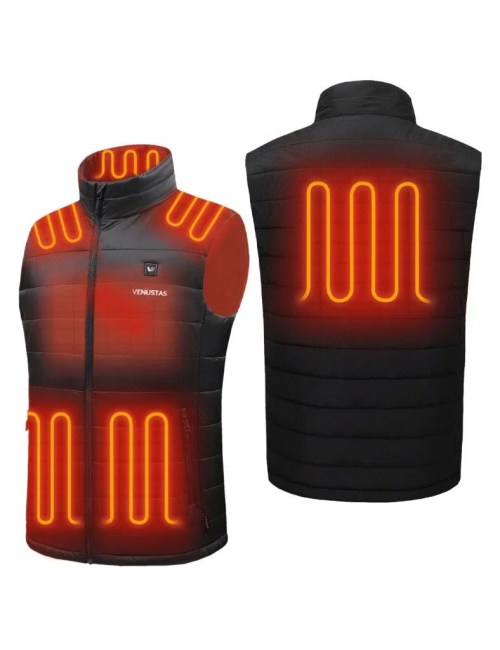 Welcome to our Fall 2025 RA Q&A column where we share our responses to inquiries about Raynaud’s symptoms, products, treatments, doctors and more. We hope fellow Frosties are finding these articles helpful.
Welcome to our Fall 2025 RA Q&A column where we share our responses to inquiries about Raynaud’s symptoms, products, treatments, doctors and more. We hope fellow Frosties are finding these articles helpful.
I am writing to inquire about a potential link between testosterone and Raynaud’s. I’ve been unable to find any scholarly publications on this specific topic. I’m curious if your society is aware of any existing research. If there are no formal studies, I would also be interested in learning about any anecdotal evidence or observations from members that might suggest a connection.
Thank you for your time and for the important work you do in supporting individuals with this condition. I look forward to hearing from you.
Thanks for your email and LinkedIn message. I’m not a medical professional but will do my best to address your question.
While there’s no hard clinical evidence that Raynaud’s as a medical condition is correlated to hormonal factors, based on anecdotal evidence, you’d have to believe there’s some association. First, nine out of ten sufferers are female. And I continue to hear stories from women associating Raynaud’s with their pregnancies: Some women tell me that they never had Raynaud’s until they were pregnant with their first child, and others tell me they’d had Raynaud’s for years, and it went away with their pregnancy. Unfortunately, there’s no hard pattern.
We’ve also seen how estrogen can potentially constrict blood flow. Female Raynaud’s sufferers are advised not to do unopposed estrogen therapy – better to use a combination of estrogen and progesterone if postmenopausal therapy is recommended.
Regarding testosterone, I’m not that familiar with research on the subject, but do see where low levels of testosterone correlates with a higher incidence of Raynaud’s among men. As for the use of testosterone therapy for female Raynaud’s sufferers, I believe the jury is still out on this issue. I can’t find any clinical research suggesting that it helps with Raynaud’s – only a report from one doctor in St. Louis who claims positive results with the hormone improving circulation and promoting lower inflammation in his patients with autoimmune conditions (secondary Raynaud’s). Research does document that too much testosterone can increase red blood cell counts thereby reducing circulation and increasing the risk of blood clots, stroke, and heart attacks.
So, if you’re inquiring about the use of testosterone therapy to address your own Raynaud’s symptoms (or those of another female), I would approach the issue with caution. Best to discuss this option with your rheumatologist, the specialists who are most knowledgeable about Raynaud’s. Wish I could offer more direct advice, but there just isn’t a lot of definitive research available.
I have struggled with Raynaud’s forever and I don’t know what to do anymore. My body just hurts and my joints hurt. My toes and fingers are constantly blue and freezing. My friends say I have dead feet lol. What would you recommend for heating up my feet specifically? Any supplements to help with the joint pain and numbness?
Sorry you’re having such a difficult time with Raynaud’s symptoms in your feet. We can’t suggest supplements to help, as currently there aren’t any clinically proven to alleviate Raynaud’s symptoms. There are treatment options you can explore with your doctor, but it sounds like you’d prefer not to take prescription meds.
As for products, you might get some good ideas from our post Best Warm Toe Solutions for Raynaud’s Sufferers. It references shoes, boots, socks, topical creams and warming accessories we’ve tested with the potential to help fellow Frosties. Thanks for your Membership Form, I’ve added you to our mailing list as requested and hope you’ll find our information helpful.
I’m 86 have had Raynaud’s for about 4 years and getting worse each year. We’ve just started summer and my nail beds were badly damaged this year and the whole nail seems to be coming loose. I’m very concerned and not sure how to protect the nail bed. Not sure how many fingers will be damaged. The blood flow seemed not to flow easily and has caused quite a lot of damage to my nails. Please help me to know what to do?
I’m not a medical professional and we have very limited information related to nails and Raynaud’s, as little research has been conducted. But I am aware that in severe cases, the lack of oxygen to the fingertips could potentially result in nail issues. This is a subject to discuss with your doctor, preferably a rheumatologist, as these are the specialists who are most knowledgeable about the condition.
If you’re not currently on meds for your Raynaud’s, you might consider starting them. If you’re on drugs now, you may need to increase your dosage or consider trying another drug in the category. While losing a nail isn’t necessarily a dangerous symptom, it’s a sign your Raynaud’s may need some attention and you might reconsider your treatment plan so that you’re getting more oxygen into the fingers. Hope your doctor can offer you treatment options that work for you.
We’d appreciate your feedback on our Fall 2025 RA Q&A column. Have questions for us? We’re not medical professionals or the Good Housekeeping Lab when it comes to testing products, but we’ll do our best to provide fellow Frosties with answers. Write to us at info@raynauds.org.








